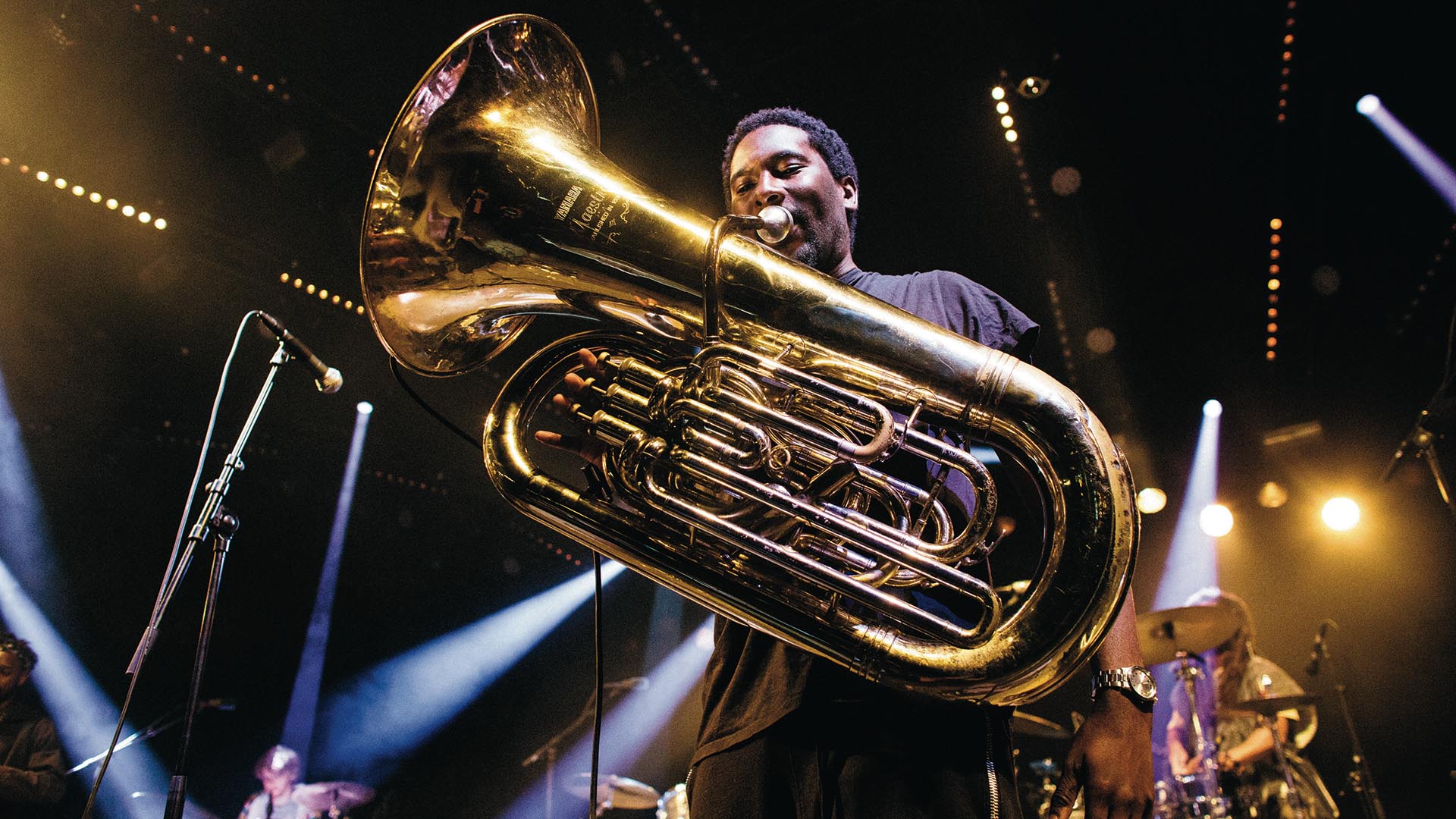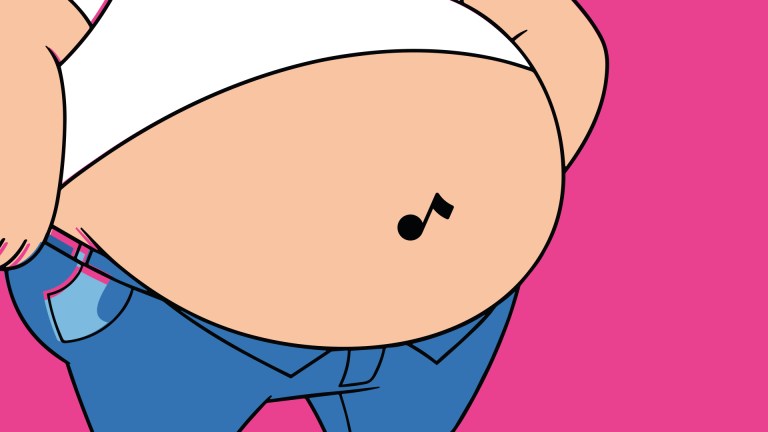During lockdown 2020, when each week began to feel drearily indistinct from the next, my calendar was almost entirely held together by new music releases. While some record labels found the lack of PR opportunities inhibiting, others took advantage of a captive audience, and many albums released that year feel as special to me now as favourite albums from my childhood. In particular Blue Note Re:imagined, which arrived in the autumn and felt for all the world like a genuine event. Here was Blue Note Records, with the weight of an enormous jazz heritage on its shoulders, giving licence to a bunch of young upstarts from the ‘new wave’ of UK jazz to rifle around in its archives and recreate what they found in their own image. Artists we’ve been supporting on Jazz FM for many years – like Jordan Rakei with his hazy, warm, inviting take on Donald Byrd’s Wind Parade and the now Grammy Award-winning Blue Lab Beats, who gave Bobby Hutcherson’s Montara a mellow jazztronica makeover.
Two years later, the release of Blue Note Re:imagined II still feels like something worth clearing my diary for. Again, the roster and track selection are stellar, fizzing with creativity, proving Blue Note is still a reference point for jazz innovation. Kay Young’s version of Marlena Shaw’s Feel Like Makin’ Love, with her London twang and clipped, laidback delivery makes for compulsive listening. Ego Ella May brings a shimmer of late ’90s neo soul to Chico Hamilton’s The Morning Side of Love. Nubiyan Twist turn Donald Byrd’s Through the Noise (Chant 2) into a forward-spinning, rhythmic adrenaline rush. Even Thelonious Monk, whose compositions I feel quite protective of, is given a satisfyingly contemporary transformation by tuba player Theon Cross. Known for his work with Sons of Kemet, Cross reimagines a Monk classic, the quirky Epistrophy, as a great big bassy sucker punch.
It’s easy to picture the original Epistrophy making waves in New York jazz clubs at the time of its release over 80 years ago. Monk, in fact, was one of Blue Note’s first signings, but his off-kilter compositions were way ahead of their time and the label found his records didn’t sell, dropping him before he attracted mainstream success. Cross’s version, in true Monk style, almost sounds too new on the first listen, which on the second and third makes me love it even more.
Like Monk, Leonard Cohen is another legendary artist who produced some of his best work at a time when his label struggled to market him (CBS Records famously strong-armed him, a reluctant live performer, into a long and difficult European tour in the early 1970s after his albums stopped selling). Blue Note are set to release a tribute album to Cohen, Here It Is, later this year, produced by Larry Klein and featuring yet more artists from the world of jazz and soul striding onto musical hallowed ground.
Hearing Cohen’s words sung in other voices is always a curious thing; the melodramatic scenes he sets
lyrically are always lit perfectly by his own subtle, stark delivery. Iggy Pop’s contribution You Want It Darker is, for this reason, a highlight. With his deep, mischievous tone and Klein’s luminescent production, it sounds, as I imagine the writer intended, like a confession being whispered in your ear.
Klein has worked as a bass player for jazz greats like Wayne Shorter and Herbie Hancock and produced for the likes of Joni Mitchell, Walter Becker and Tracey Chapman. His great skill is knowing when to go all in and when to pull back. The austere clarinet that accompanies Mavis Staples’ earthy voice on If It Be Your Will adds a hopeful note to the loneliness in the lyric. Americana artist Nathaniel Rateliff contributes a gentle interpretation of Famous Blue Raincoat, and summons the requisite retrained conviction to pull off what might be Cohen’s most challenging song to cover, since the words require a certain lived-in familiarity (“Oh, the last time we saw you, you looked so much older/your famous blue raincoat was torn at the shoulder”).









